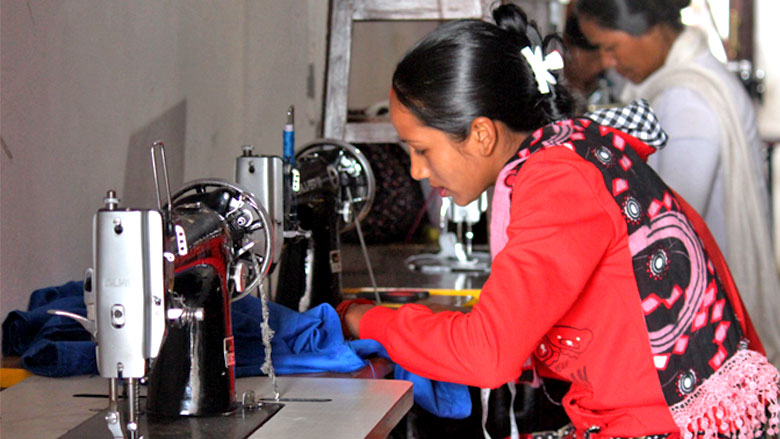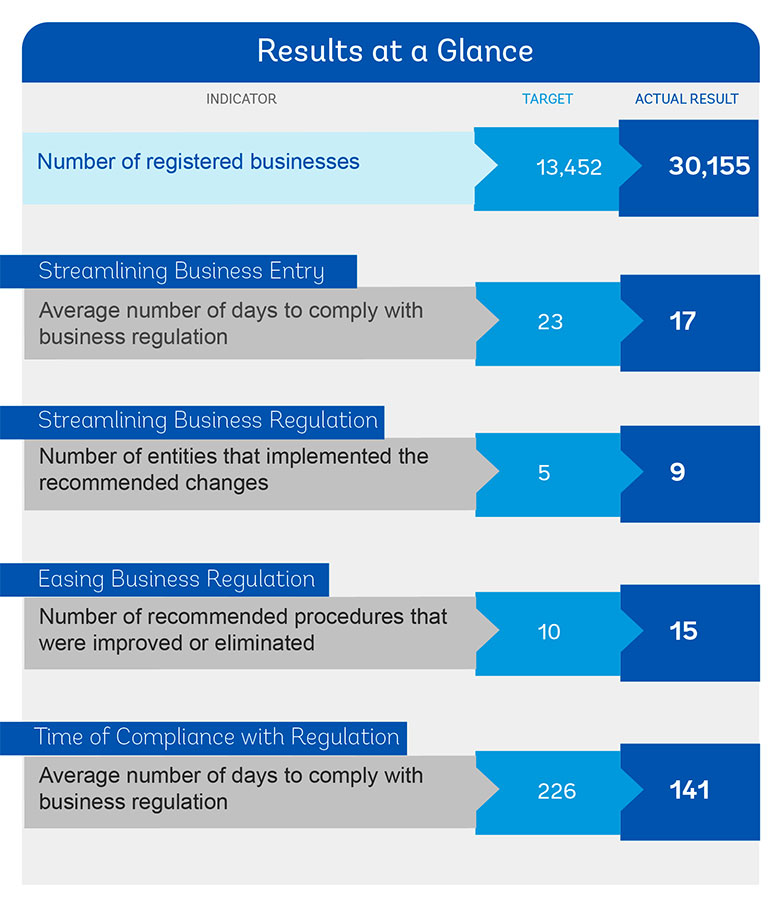WASHINGTON, May 17, 2017—Improving the investment climate and reducing the cost of doing business is fundamental for growth in every developing economy – and those priorities are especially important in fragile states where institutions suffer from low public trust and chronic inefficiencies.
In Nepal, a recent World Bank Group investment climate reform initiative helped the country achieve a number of reforms to its investment climate, ultimately making it easier for businesses to open, operate and engage with the government.
The initiative – led by the World Bank Group’s Trade & Competitiveness (T&C) Global Practice – helped reduce the time and cost of starting a business and obtaining construction permits; helped make government-to-business services faster and seamless; and empowered natural-disaster resilience by moving critical information into “the cloud”. This move ensures that key data would be saved in the event of a future disaster and that post-disaster reconstruction and the restoration of business activities would take place.
While the project encountered some difficulties along the way, due to the fragile context of the country, it succeeded in delivering a reform platform aligned with the country’s needs.
Reforms in the Face of Disaster
A mountainous, landlocked country between India and China, Nepal had long endured sluggish economic growth even before a violent earthquake in April 2015 killed 9,000 people, injured 22,000, displaced millions and halted business operations in the country.
The scale of the humanitarian tragedy and the urgent task of post-disaster recovery might have delayed or distracted the Nepalese government from pursuing a long-term economic reform project. Yet the government maintained its focus on the initiative, which had begun in partnership with the International Finance Cooperation (IFC) arm of T&C and the Ministry of Industry in 2010. Recognizing the reform program as an opportunity to improve the country’s economy, the government in Kathmandu intensified its reform effort.
“The project owes its success, largely, to the unwavering support from the government, that remained committed to the project, even while focusing on urgent reconstruction and rehabilitation efforts,” said Mohammad Rehan Rashid, Resident Representative for the IFC in Nepal. “This support and strong partnership has moved the project ahead steadily, making it easier to do business here in Nepal.”
The reform project – streamlining some of the processes that are examined and evaluated by the World Bank Group’s Doing Business reports – has achieved some successes in making business regulation faster and easier; speeding the construction permitting process; and innovating with information and communications technologies (ICT) to improve online processes and ease information flows. Data can now move more easily and at a lower cost across the full range of communications pathways: government-to-business (G2B), government-to-government (G2G), business-to-government (B2G), business-to-business (B2B).
IFC’s interventions have made progress in automating online processes: By deploying a system that allows digital signatures and digital certificates, and by investing in a cloud-based information system, the program has modernized various areas where information-sharing is critical to licensing and legal documentation. The result has been an automation drive across the entire range of B2G and B2B operations, which has led to an improvement in the business climate.
“The results of process transformation and automation initiatives are there for all to see,” according to one manager at Huawei Technologies Nepal Company Pvt. Ltd. “I’m really delighted to note that the administrative burden has been significantly reduced allowing us to dedicate our focus more on issues critical to our business.”


